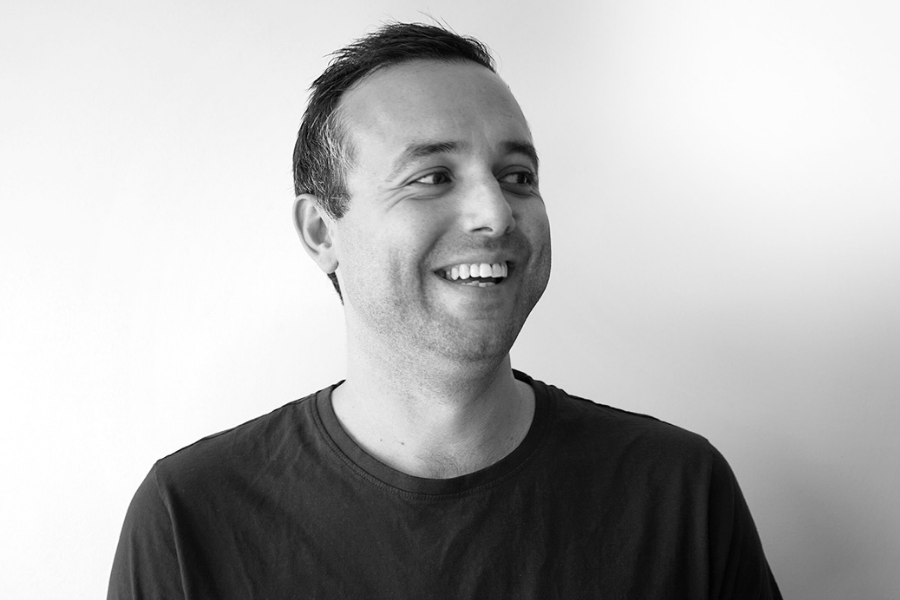The rise of online shopping has led every bricks and mortar retailer and their dog to try whatever they can to boost the in-store experience.
Many have turned to developing an omni-channel experience; that is, providing the customer with an integrated and seamless shopping experience within and between various sales channels, from online via mobile or desktop, to in-person at a bricks and mortar store, via phone.
Looking to help retailers provide this experience is Melbourne startup Brauz, founded by Lee Hardham and Rajesh Yeluri.
Hardham came up with the idea six years ago, while working as an advertising sales manager at News Corp. Here he saw the disconnect between the world of online advertising and bricks and mortar retailers, and the need to bridge the gap.
“The reality was digital was fast becoming the best way to advertise, and digital advertising points to digital addresses, not physical ones,” he explained.
“Something needed to change to make sure our retail stores and shopping centres remained a part of people’s shopping journey in the future.”
So Hardham set about examining the weaknesses of ecommerce to find an opportunity, and came across issues many a shopper has faced when buying online; a survey conducted by Brauz of over 1,000 shoppers found 76 percent had experienced some kind of issue when shopping online, with wrong size, poor quality, and slow delivery at the top of the list.
“People simply want to find products, try them out to make sure they’re the right size and style, and enjoy their item in time for when they want it,” Hardham said.
So Brauz looks to help shoppers with each point.
Consumers on the Brauz app, launching next month, can find a product, then click to check whether the product is available from nearby stockists, determining the distance they are willing to travel.
Brauz then notifies nearby stores via email to confirm whether they have the product available, with consumers then able to book a time to go in store to try the product, or buy online via click and collect or with delivery.
It’s been a long journey for Brauz, with Hardham admitting there have been challenges over the last six years.
“When I first came up with the idea, I had limited funds and no experience with technology. I had to bootstrap the first prototype with funds from family and friends. I told them about this idea I had for an omni-channel shopping platform and almost all of them thought I was crazy, but some of them believed in me enough to provide me funding,” he said.
This funding allowed Hardham to build a minimum viable product with the help of freelancers, which in turn was enough to present to Yeluri, who then came on board as a cofounder, and angel investors.
Of course, both the retail and tech landscapes have changed significantly over the last six years, and Hardham admitted Brauz has had to pivot several times to keep up with tech and new barriers popping up.
“The scariest obstacle was as recent as January this year; we had scaled the team to onboard over 5,000 retail stores but found we simply couldn’t get retailers to integrate their products,” Hardham said.
“I thought this might be the end but we found a more efficient way to get retailers onboard without inventory, and scaled back the team with an even sharper focus and far more efficient solution. It was really tough and definitely impacted our culture but we’ve come out of it stronger, more united and as determined as ever.”
The hard work is paying off; after raising $2.25 million in seed funding last year, the startup has now launched a partnership with City of Adelaide that has seen the council subsidise the activation of 49 stores on the east end of Rundle Street.
The startup has also partnered with logistics startup Passel to facilitate three hour delivery.
Founded by Marshall Hughes, the Passel service works by giving online shoppers the option to have their purchase delivered through Passel, with Passel offering three hour delivery.
Once an order has been placed online, it will be made ready for pick up by the ‘Passer’ in the closest physical store to the delivery address, letting Passel know when it is ready. The Passer conducting the delivery will then receive details around what to collect and from where, along with delivery instructions. Once the item has been delivered, they will receive a $10 gift voucher for their troubles.
For Hardham, the fit was obvious.
“I had been talking to logistics companies about our need to facilitate three hour delivery from store to buyer with limited success. After I saw Marshall pitch, I knew that he was onto something and, better yet, it fit our platform perfectly,” Hardham said.
With the wealth of platforms and tools available to help shoppers both online and off, Brauz has a mountain to climb as it moves forward, but Hardham is adamant that, not only is there a place for it in the market, but that it will become “the best way” to shop at bricks and mortar stores.
“Google and Amazon set the benchmark in different ways. Google is the best place to find what you’re looking for online and Amazon are the masters of same day delivery,” he said.
“Neither company provides the ability to check product availability in physical local stores, allows consumers the ability to try items on in-store, or deliver products to consumers within three hours. Brauz, check, try and buy.”
The startup is now focused on driving engagement across its City of Adelaide partnership and integrating Brauz with more brand websites. It’s also raising funding to further support its growth.
Image: Lee Hardham. Source: Supplied.




















Trending
Daily startup news and insights, delivered to your inbox.